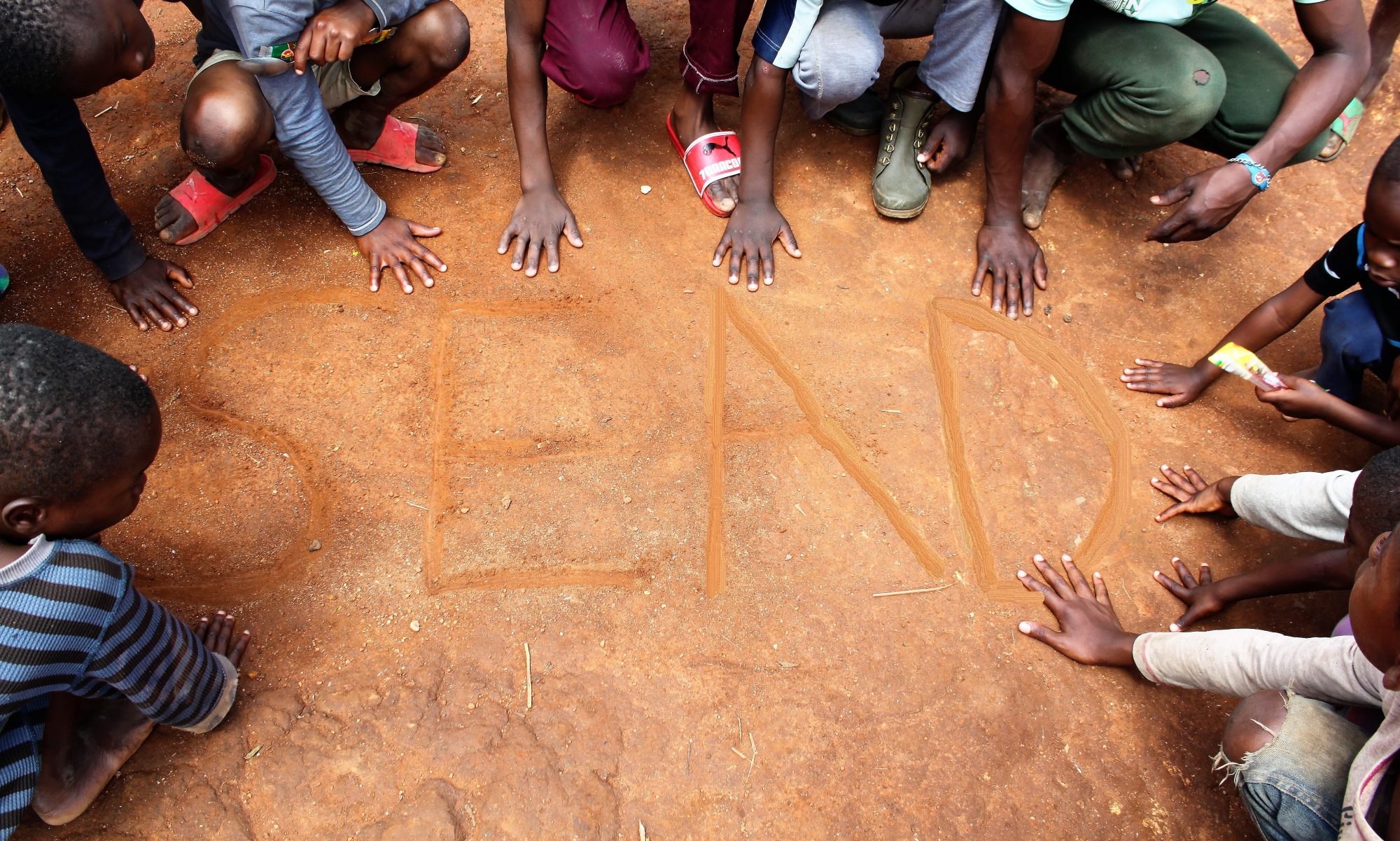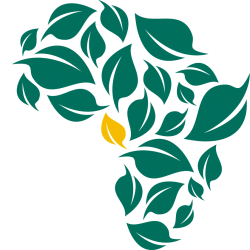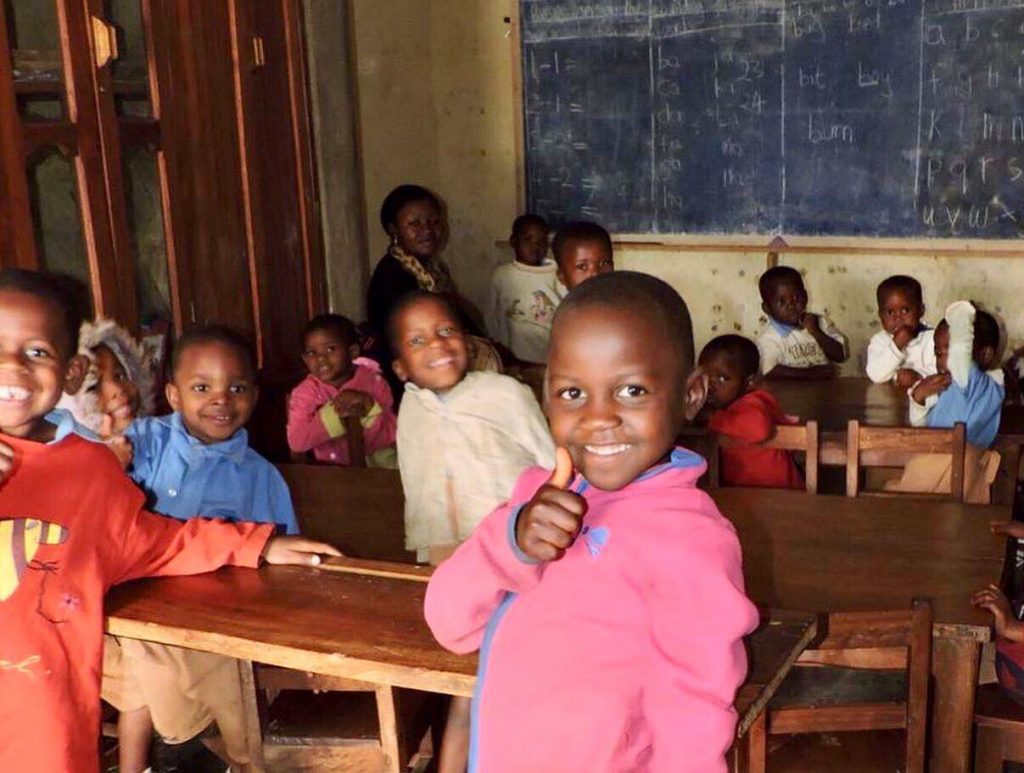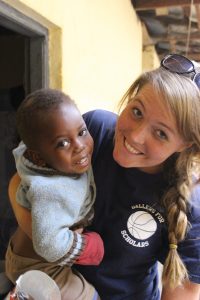Our commitment to racial justice

As members of an intercultural organization, we feel it is important to speak out in support of the black lives matter movement and the protests occurring worldwide as a result of racial inequality in the United States.
Racism isn’t unique to the United States, nor is it a stable, unchanging concept. Race and racism are culturally and historically situated, and while race is a social construct, it has a real effect on the lived experience of those who are racially oppressed. Many see the acts of violence occurring at the hands of police officers to be the primary form of racism that exists (i.e. individual racism).
However, racism is interwoven into our daily lives through longstanding policies, practices, and ideologies that uphold White values, project White voices, and maintain White power. While many Whites claim to not be racist, they often use color-blind frames to explain racial inequality. For instance, they might explain residential segregation through the belief in individual choice; or they may disagree with affirmative action based on belief in meritocracy. These views relieve Whites from having to accept real structural changes that would result in a reduction of their power and change to the racial status quo.
Systemic racism also has an effect on those living at Good Shepherd Home. While several of our White SEAD members have had numerous opportunities to visit Good Shepherd Home over the past six years, during those same years one of our Cameroonian members has faced numerous barriers to obtaining a student visa. This has nothing to do with meritocracy or individual drive. It has to do with racist structures that provide unique freedoms to White people. It has to do with organizations that depict African countries as poor, and children as sickly and starving. It has to do with xenophobia.
As an organization, we work to think critically about our own positionality, and the power that our White team members hold. We work to ensure equal partnership, meaning the projects we fund stem from the needs of Good Shepherd Home and are not based on Eurocentric values and perspectives. With that said, we are not perfect. We acknowledge that we have made mistakes and will continue to make mistakes. However, we are committed to constant growth through critical reflection, dialogue, actively listening to the Black community, and the principle of ownership.



